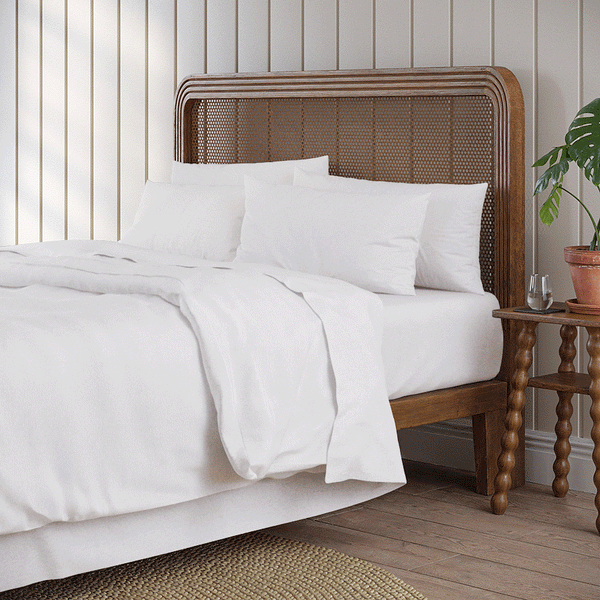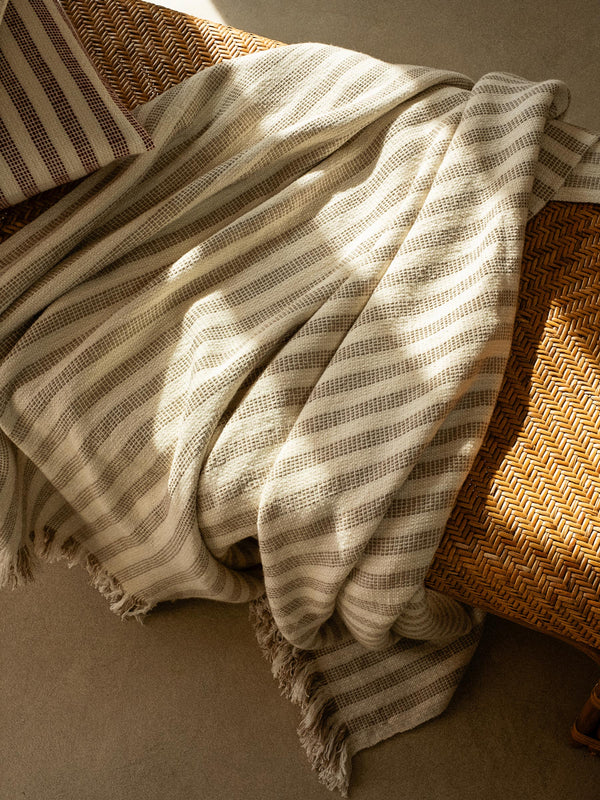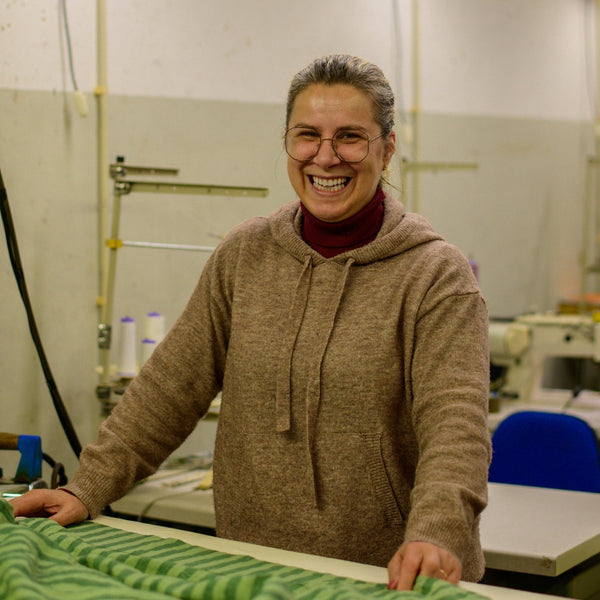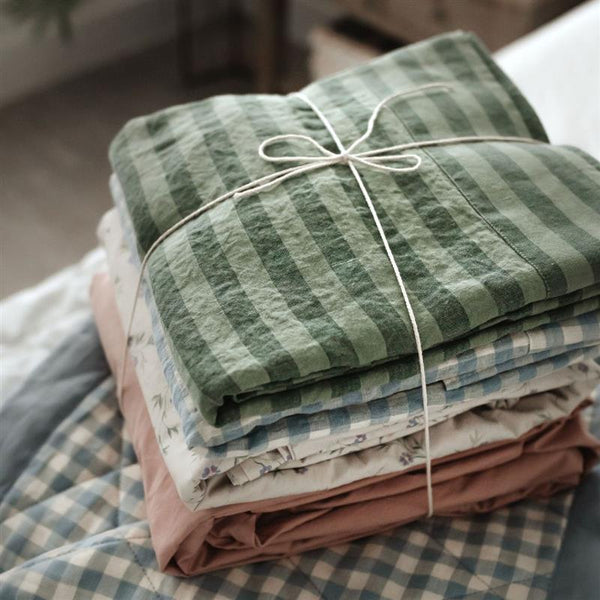Merino wool is an extremely versatile fibre and one of nature’s finest. For anyone unsure of how to give your Merino wool attire the love it deserves when washing and caring for it, we’ve laid out a comprehensive guide, to ensure that your clothes never stop looking (and feeling) amazing.
One of merino wool’s key advantages is that it is naturally antibacterial, so it doesn’t need to go in the wash after every wear, making it an easy to maintain, high-performance fabric. Even when worn close to your body, merino wool keeps you fresh for longer and any odors dissipate quickly with an airing.
When the time comes to wash merino wool (after several wears, or if you have done a particularly strenuous activity which might have resulted in a lot of sweating), you need to ensure you’re treating this beautiful natural material with the right products and methods so it stays incredibly soft to touch. This is what sets it apart from regular wool and the reason it is considered a luxurious fabric.
What is Merino wool and where does it come from?
Merino wool comes from Merino sheep: a domestic breed of sheep that is widely known for its very fine and soft wool which is easy to wear close to your skin. Today, this breed of sheep is most likely to be found in the highlands of New Zealand and Australia. Here at Piglet in Bed our merino wool for our duvets, pillows and mattress topper range is sourced from Italy and is certified to be humanely sourced from flocks that are free-range and not farmed.
Another key advantage of merino wool over regular sheep’s wool is that it regulates your body temperature and wicks away moisture to keep your skin dry, whether this is due to sweat in the warmer months or damp in colder climates. Merino wool is also a sustainable material as it is biodegradable and - unlike synthetic fibres - the production of it doesn’t require any manipulation: it simply uses grass, water and fresh air (and sheep, obvs!).

Can I wash my Merino wool bedding?
We don't recommend washing your merino wool bedding. The best way to keep your duvets and pillows clean, fresh, bacteria and toxin-free and to ensure they last, is to air them in the sunshine on the washing line at least 4 times a year, preferably at the turn of each season.
The sunshine sterilises the wool and the cotton and the warmth of the sun will encourage any moisture trapped within the wool to be wicked away. Airing our products also encourages the fibres of the wool to naturally expand back out, ensuring that the pillows and duvets are revitalised and bounce back to life.
How do I care for Merino wool?
Merino wool is a very durable fabric, in fact it’s six times stronger than cotton! However there are some simple tips and tricks you can use to ensure your merino wool maintains its stylish look and comfortable feel for as long as possible.
- Store socks and garments flat so as not to distort the shape.
- If you are looking to store your merino wool items for a long period of time, vacuum-packed bags are a great way to keep them safe and away from moths.
- We do not recommend dry-cleaning merino wool, Dry cleaning fluid can be extremely harsh on fine, natural fibres.
- If you get a stain on our merino wool products, we recommend dabbing the affected area with a soft cloth. Avoid rubbing the fabric.
How do I wash Merino wool clothing?
- Turn your clothing inside out before washing and be sure to separate lights and darks
- Machine-wash on a gentle cycle (or wool/delicates cycle, if available) on a low to medium heat (max 30 degrees). Do not wash with hot water as this could shrink the Merino wool.
- Use a mild detergent which does not contain bleach as this can destroy the fibers. If you can, use a detergent specially designed for the care of wool and delicate fabrics (such as Woolite). If using a powdered detergent, we’d recommend dissolving it in a little water first to avoid clumps settling on the fabric.
- Do not use fabric softener on merino wool as this will coat the fibres and inhibit its ability to naturally manage moisture and regulate body temperature.
- Wash merino wool products separately from other clothing items if possible to reduce piling.
- Due to its fine fibres, merino wool is quick drying. We therefore recommend air-drying, laid flat, to retain the shape and out of direct sunlight.
- Do not tumble dry.
- Don’t wring out the items as this can stretch the wool.
- The elastic properties of merino wool make it naturally-wrinkle resistant, however if you do wish to iron any pieces from our Loungewear collection then we recommend turning the item inside out and ironing on a low setting.
In case we haven’t already convinced you that Merino wool is one of nature’s most superior fibres through the course of this guide (!), you can learn even more about this wonderful fabric in our handy blog post ‘Merino wool: what’s the big deal?’.
Phew! Hopefully we’ve covered everything you need to know about how to care for your Merino wool collection, from clothing to bedding. There is nothing left to do now but relax into the soft warmth of this natural fabric that we at Piglet in Bed love so much. We hope you will now too.


























